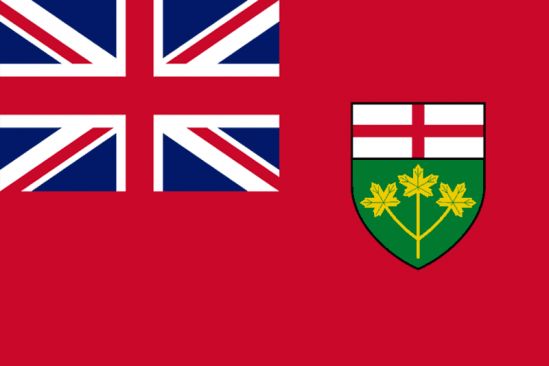Jeff Green | Mar 23, 2022
Cheaper Dental & Pharmacare & Unfettered Development
In recent weeks, the prospect of a second Doug Ford term in government has been coming into focus, and we need only look back to the first few months of the first Ford term for some hints about what that will look like.
The heavy- handed bumbling and sweeping attempts to centralise power that resulted in a free-fall in the polls for this government in its first year will not be repeated in the first year of a second term, but the imposition of provincial power in many aspects of day-to-day life in Ontario will be something everyone in the province will notice.
Just about the first thing that Premier Ford did after being elected in 2017 was to cut Toronto City Council from 47 members to 25 members, in the middle of a municipal election. He did that for two reasons. One was to establish his own authority over Toronto Mayor John Tory, who had defeated him in the previous Toronto election. The other was to show a range of bodies in Ontario, that are nominally self government, but are subject to provincial control over funding, governance, and operations, that the province can and will exercise that power.
Municipalities, hospitals, public health Units, conservation authorities, and school boards can see their mandates change, be combined, or eliminated if and when the Ford government decides it wants to. There is no requirement for consultation or rationalisation. The powers of provincial governments in Canada are different from the powers of the federal government. They are more direct since they control the roads we drive on, where our garbage goes, what we learn in school and which of our illnesses will be treated.
Under normal circumstances this power is not overt. There are a set of rules and funding agreements between the various ministries at Queen’s Park and the boards and agencies that deliver services. Changes to those agreements are communicated to those boards and agencies well before the changes are going to be made, and there is a chance for the agencies to participate in how those changes will come about.
But in the end the government will have its way.
Last week, when most, if not all, of the school boards in the province did not agree with lifting COVID mandates on March 21, preferring a change a few weeks later, only one decided to act on it. Commentators have pointed out that the boards do have the authority to make those decisions on their own, regardless of the “advice” they receive from the Minister of Education, but school board trustees also know that the boards can and may be eliminated, leaving the school system under the direct control of the Ministry. This has happened elsewhere in Canada, and could happen in Ontario, if the province deems it a priority. It is not a priority for this government at this time, which may be why one board, the Hamilton one, felt comfortable defying the Minister, although how long that defiance lasts is anyone’s guess.
The areas that are priorities, and will certainly see swift changes in a re-elected Ford government, are ones that deal with development. What this will mean is a further erosion of the ability of municipalities and conservation authorities to make sure that development does not create environmental hazards over time. It also curtails local control over where development is desired within a community.
The other areas where we know a second Ford government will make changes that fit their own agenda, will be in the health and long-term care sectors. The impact on ambulance service, public health, long term care and various forms of healthcare, including hospitals, could be vast and long lasting.
More Stories
- The Resurgent Sharbot Lake County Inn and Crossing Pub
- Towards Then End of Trail
- Silver Lake Pow Wow
- Central Frontenac Declares Former Office, Harvey Building, Surplus Properties
- Neighbours Could Lose The War Over Gravel Point - But Still Win The After Battle
- Sydenham Legion Bass Tournament
- From Performing Arts To The Written Word
- Legion Corner
- The Sun Shines On The Parham Fair
- Creating Your Own Weather, Forever and Ever

